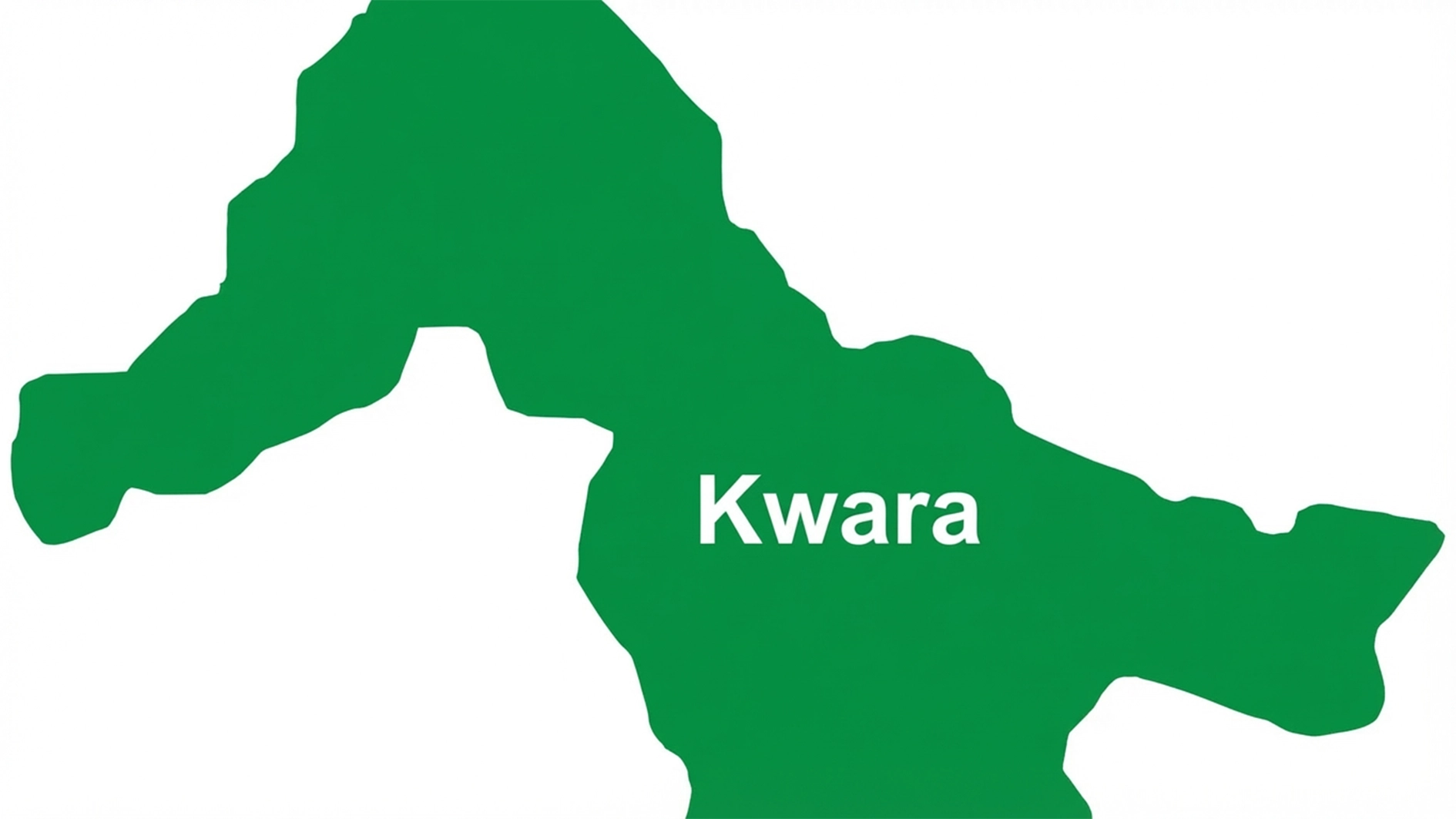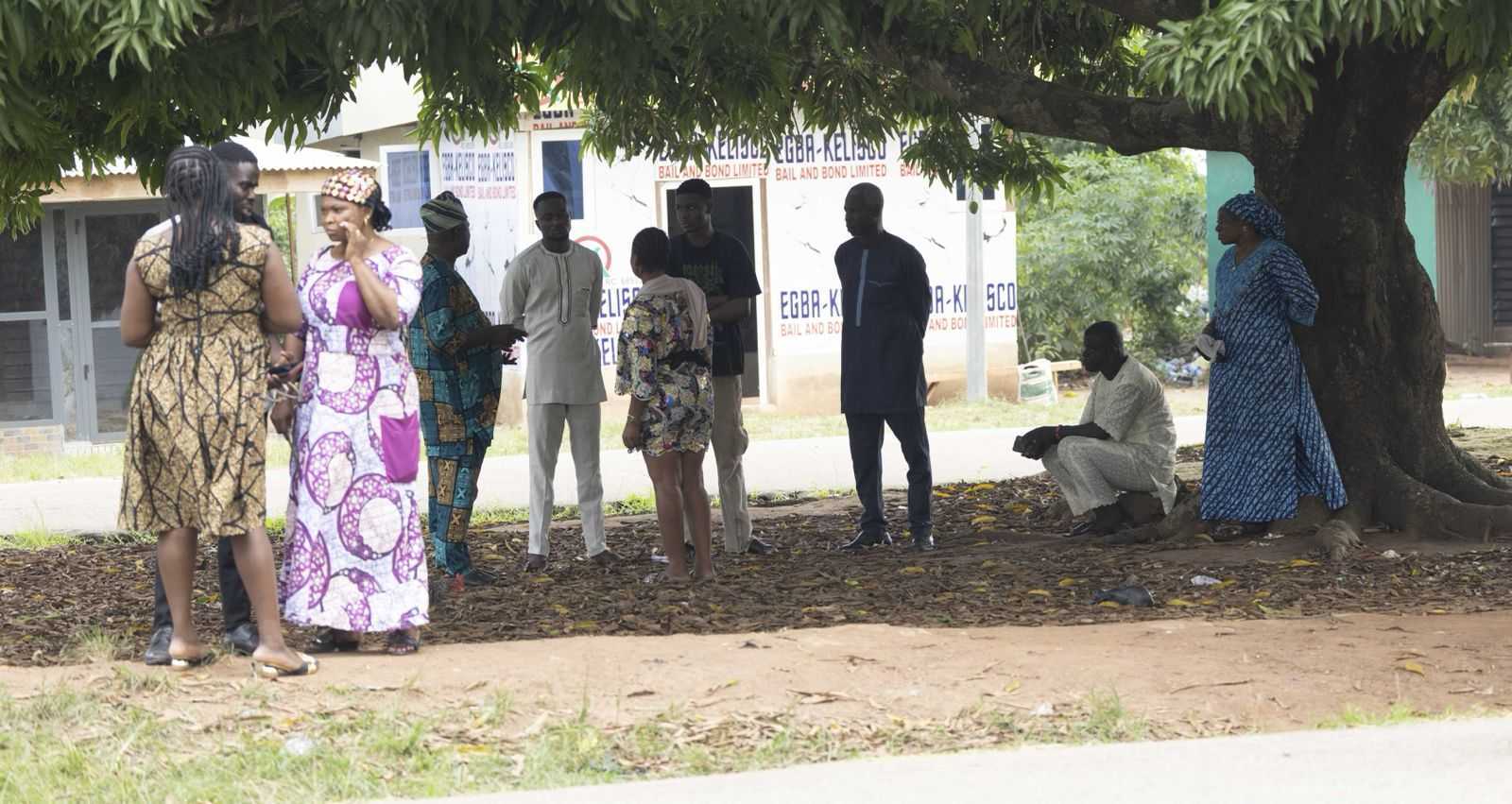House adjourns plenary after two-hour closed-door session, abandons key bills, motions
The Senate Committee on Public Accounts has slammed the Nigerian National Petroleum Company Limited (NNPCL) for failing to appear at a scheduled hearing to explain discrepancies in its 2017–2023 financial statements.
Meanwhile, the House of Representatives, yesterday, resumed plenary but abruptly adjourned after about a two-hour closed-door session, leaving many bills and motions listed on the order paper unattended.
The absence of NNPCL management – despite the date being chosen by the company itself – drew sharp condemnation from the committee.“May I know if NNPCL is here? Any member of the management present? Distinguished colleagues, it is rather unfortunate that none of the officials of NNPCL is here on a date the management chose,” said the Committee Chairman, Aliyu Ahmed.
He emphasised that the committee would not allow public funds to go unaccounted for, particularly regarding the N210 trillion that NNPCL claimed as accrued expenses and receivables.
NNPCL’s submission claimed N103 trillion in accrued expenses and N107 trillion in receivables from 2017 to 2023. The committee rejected the N103 trillion cash call payments to joint venture partners in 2023, citing legal and financial impossibilities.
“Cash call arrangements were abolished in 2016. How can NNPCL claim to have paid N103 trillion in one year when it only generated N24 trillion in revenue over five years? Where did NNPCL get that money? That figure is unjustifiable and must be returned to the Treasury.
“NNPC claimed N107 trillion as receivables, part allegedly held in defunct banks. Yet, no bank or amount was named. This is unacceptable. Combined with accrued expenses, NNPCL must account for N210 trillion.”
The committee also flagged illegal subsidy practices by NNPCL and its subsidiary, National Petroleum Investment Management Services (NAPIMS).
“Between 2017 and 2021, NAPIMS charged subsidy on crude oil – which is illegal. At the same time, NNPCL charged subsidy on refined petroleum products such as kerosene, diesel and petrol. These practices are unacceptable and unlawful, as clearly shown in the audited financial statements.
“If the management cannot provide satisfactory answers, the committee will subpoena former officials of NNPCL and NAPIMS. NAPIMS cannot maintain independent accounts from NNPCL, yet it has been acting as if it were separate. This will not stand. The chairman warned that future absences by the NNPCL Group Chief Executive Officer (GCEO) would no longer be tolerated.
“We are not the Economic and Financial Crimes Commission (EFCC), the Independent Corrupt Practices and Other Related Offences Commission (ICPC) or the police. We operate openly and constitutionally. Legislative oversight of agencies like NNPCL is our duty. Appearing before EFCC or ICPC does not exempt anyone from scrutiny,” the chairman added.
THE House sitting, presided over by Speaker Abbas Tajudeen, began with the recitation of the National Anthem, prayer and a brief announcement, before the House went for an executive session. It remained behind closed doors for nearly two hours.
When the House reconvened, Ifeanyi Uzokwe (Nnewi North/Nnewi South/Ekwusigo Federal Constituency) attempted to raise a point of order, but was not recognised by the Speaker, who proceeded instead to entertain a motion for adjournment.
Thereafter, the Majority Leader moved a motion for adjournment, which was carried without debate, adjourning plenary till today. Although the outcome of the closed-door meeting was not disclosed, it might not be unconnected with last week’s tense standoff in the chamber, when lawmakers protested the non-release of funds for capital projects in the 2024 and 2025 budgets.
The members, during an executive session presided over by Deputy Speaker, Benjamin Kalu, had lamented that contractors had abandoned project sites nationwide due to unpaid certificates, leaving them unable to demonstrate progress in their constituencies despite appropriations already passed by the National Assembly.






